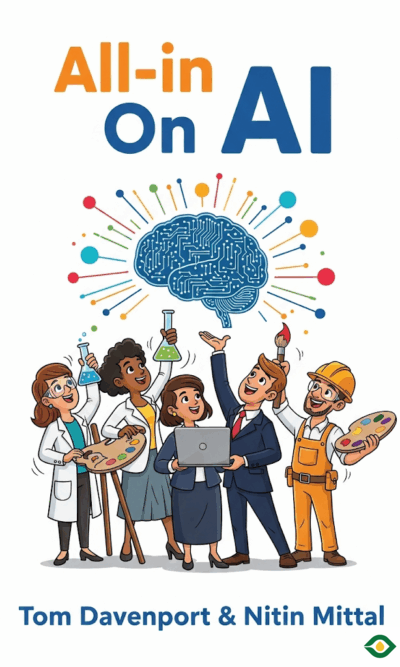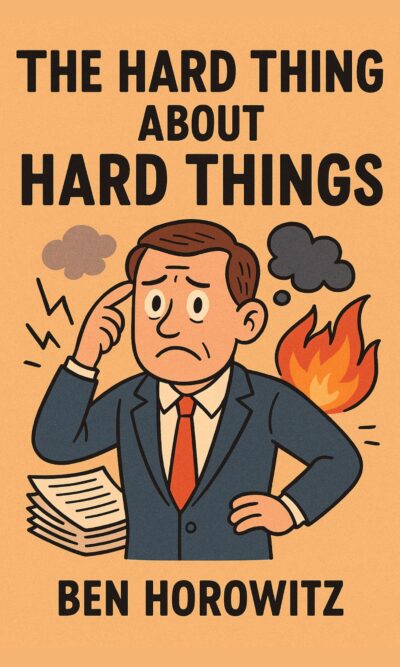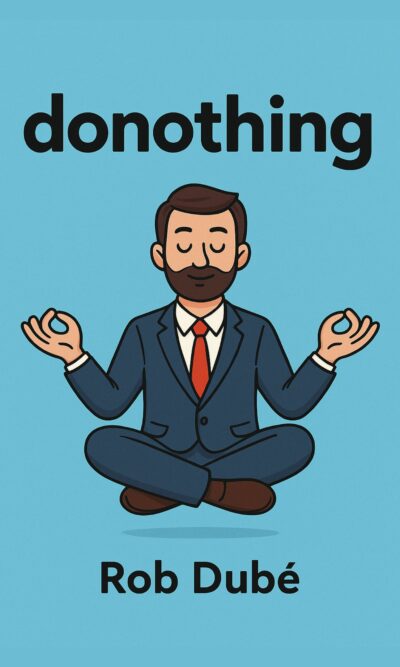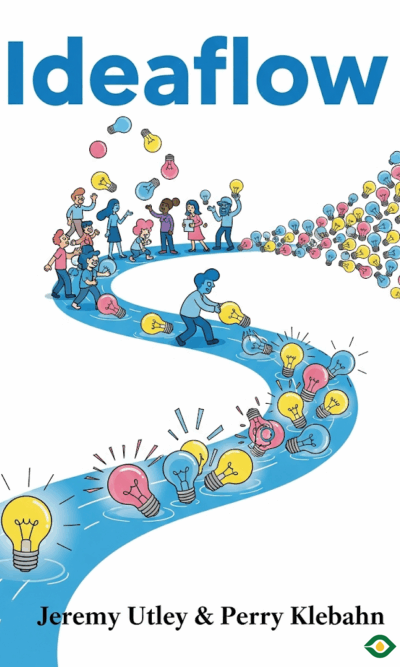Description
In today’s world, distractions are everywhere — phones, social media, constant notifications, and even our wandering thoughts. These distractions weaken our ability to concentrate, slow down our work, and stop us from doing our best. The ability to focus is more than just blocking out noise; it’s about living with intention, paying attention to ourselves, others, and the bigger picture around us.
Attention is like a filter. Strong selective attention allows us to choose what deserves our mental energy and ignore what doesn’t. People who develop this skill can stay productive even in noisy, chaotic environments. Without it, we fall into a state of “continuous partial attention,” jumping from one thing to another without fully engaging in anything, missing out on deeper learning and creativity.
We often live on “automatic pilot,” letting our emotions and habits control us. This bottom-up thinking is fast and impulsive but often keeps us from being fully present. The top-down mind, on the other hand, is slow and deliberate, enabling reflection, learning, and self-control. Real growth happens when we consciously engage this top-down thinking, paying attention to how we act and making small adjustments to improve.
While focused attention is important, open awareness also has its place. Letting the mind wander can spark creativity and fresh insights. Many breakthroughs happen when we step away from intense concentration and allow thoughts to connect in new ways. Open awareness is valuable for reflection, problem-solving, and planning for the future.
Willpower is another key part of focus. Strong self-control helps us stick to our goals, even when things get tough. Studies show that children with high self-control tend to be more successful as adults. Willpower grows when we align our work with our values, making effort feel worthwhile. Passion fuels persistence, as seen in creators like George Lucas, who followed his vision despite obstacles.
Empathy — both cognitive (understanding what others feel) and emotional (feeling it with them) — is vital for healthy relationships. Good leaders and professionals balance empathy with objectivity, caring for others without losing clarity. This builds trust and strengthens human connections.
Looking outward is also crucial. Many people focus only on immediate concerns, ignoring long-term issues like climate change or resource shortages. But lasting solutions require seeing the larger context and planning for the future, rather than chasing short-term fixes that create bigger problems later.
Leadership thrives on focus. Great leaders are self-aware, know their strengths and weaknesses, and inspire others with a clear vision. They don’t just push people toward results; they help others grow, create supportive environments, and act with empathy. Leaders who ignore their impact on others, like the BP CEO after the oil spill, can destroy trust and harm their organizations.
Successful leaders also keep an eye on the bigger picture, adapting to changes and spotting new opportunities. Apple’s revival under Steve Jobs came from narrowing its focus to a few key products, while BlackBerry’s downfall came from ignoring market shifts and holding onto outdated priorities.
Attention is a skill we can train, much like a muscle. Practices like meditation strengthen meta-awareness — the ability to notice when your mind drifts and bring it back. This not only improves focus but also helps in moments of stress by allowing you to stay calm and regain control.
Positive thinking also plays a powerful role in sustaining focus and motivation. When we feel optimistic, our brain’s reward systems stay active, making even hard work feel meaningful. Positive outlooks open us to new experiences, help us adapt to change, and keep us moving toward our long-term goals.
Living a focused life means balancing attention between ourselves, others, and the wider world. It means exercising our mental muscles, resting them when needed, and keeping our eyes on both the present and the future. With focus, we can work better, connect more deeply, and make choices that lead to a richer, more purposeful life.





